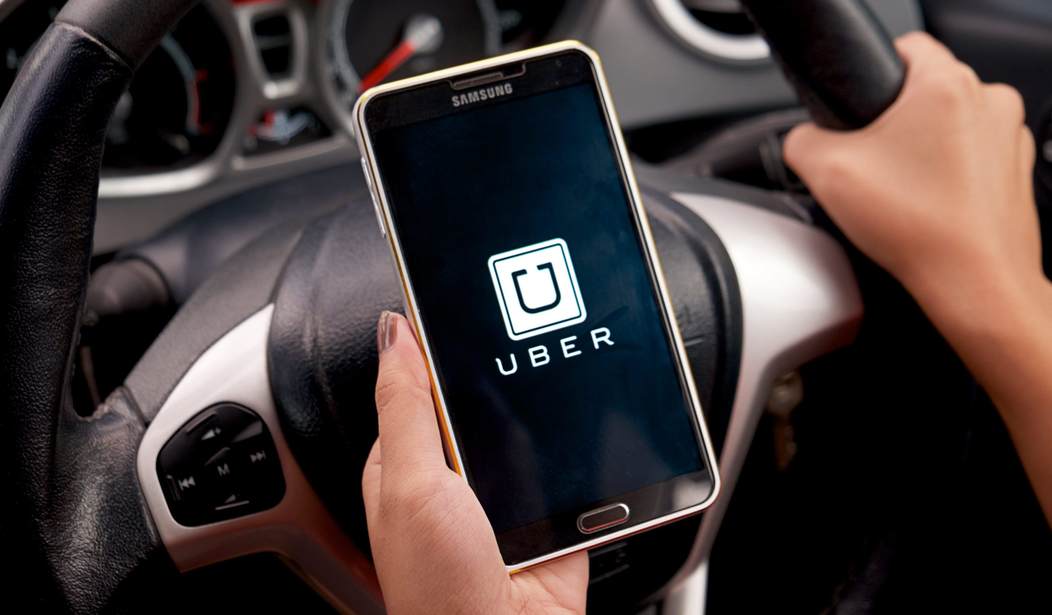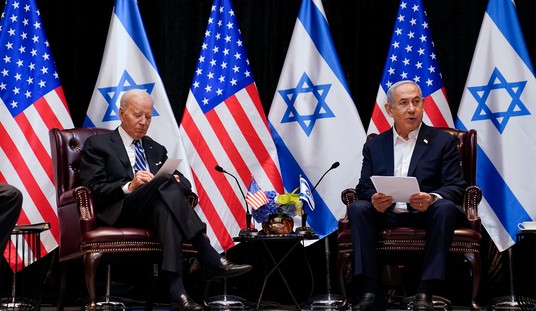Both Uber and Lyft ride-sharing services will cease to operate in Austin, Texas, after voters in the liberal city rejected a ballot measure that would have allowed the companies to self-regulate. The vote had 56% supporting tighter regulations with 44% opposed.
“The people have spoken tonight loud and clear,” Austin Mayor Steve Adler said in a statement after the vote. “Uber and Lyft are welcome to stay in Austin, and I invite them to the table regardless. Austin is an innovative and creative city, and we’ll need to be at our most creative and innovative now.”
Doesn’t sound very innovative to me.
In a dispute that could play out in other cities, Uber and Lyft say new rules required on them in the Austin area, including fingerprinting of drivers, makes its hard for them to continue to follow their business models. The pullback becomes a de facto victory for the taxicab industry, which has seen ride-sharing services turn their business on its ear around the country.
“Disappointment does not begin to describe about how we feel about shutting down operations in Austin,” says Chris Nakutis, Uber’s general manager in the city, in a statement Sunday.
Lyft released a statement following the vote that said, “the rules passed by the city council don’t allow true ridesharing to operate.”
It sounds like the people of Austin want to turn ride-sharing into taxicab services. But if taxicab services were working so well, why are Uber and Lyft so successful?
No matter, just make note: tech-friendly, hyper-liberal Austin, Texas, has simultaneously killed innovation and thousands of jobs. Uber says it had signed up to 10,00 drivers since it began operating in Austin, Texas, back in 2014.
The two companies spent about $8m to fight the city’s regulations. In December of 2015, the Austin City Council adopted rules, one of which was requiring the fingerprinting of drivers. The companies say they already conduct background checks and the fingerprinting is unnecessary. Other cities, like Toronto and Miami, do not require drivers to be printed.
The councilwoman who led the battle against Uber and Lyft, Ann Kitchen, says the city will welcome any transportation company that “will abide by our rules.”
Uber customer Dan Driscoll worries about the effects of no ride-sharing services in the city: “Austin is a town where the weekend runs from almost Wednesday until Sunday afternoon,” he said. “The reality is that people don’t take cabs because logistically they’re a nightmare. They don’t show up when you call them.” Another concern is drunk-driving: will the lack of transportation services lead to more people driving under the influence?
Congratulations, Austin.








Join the conversation as a VIP Member